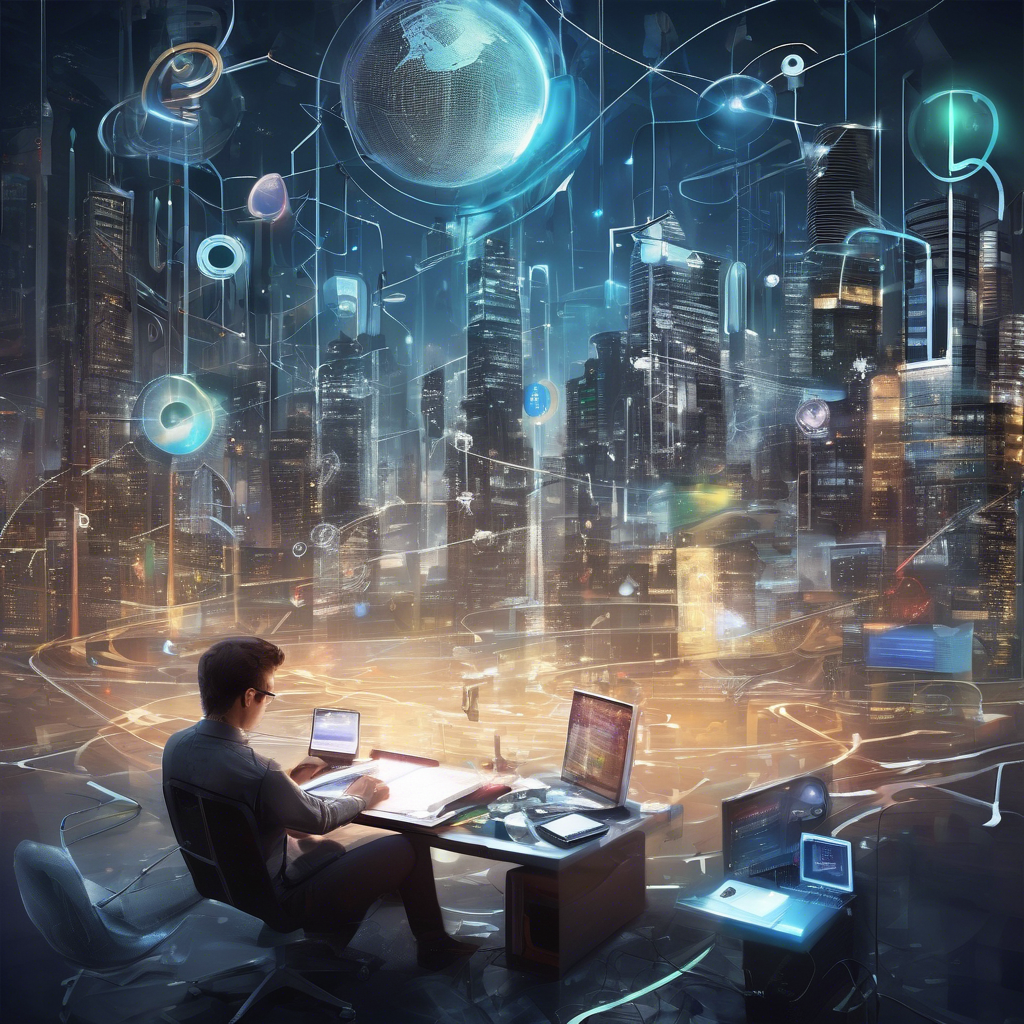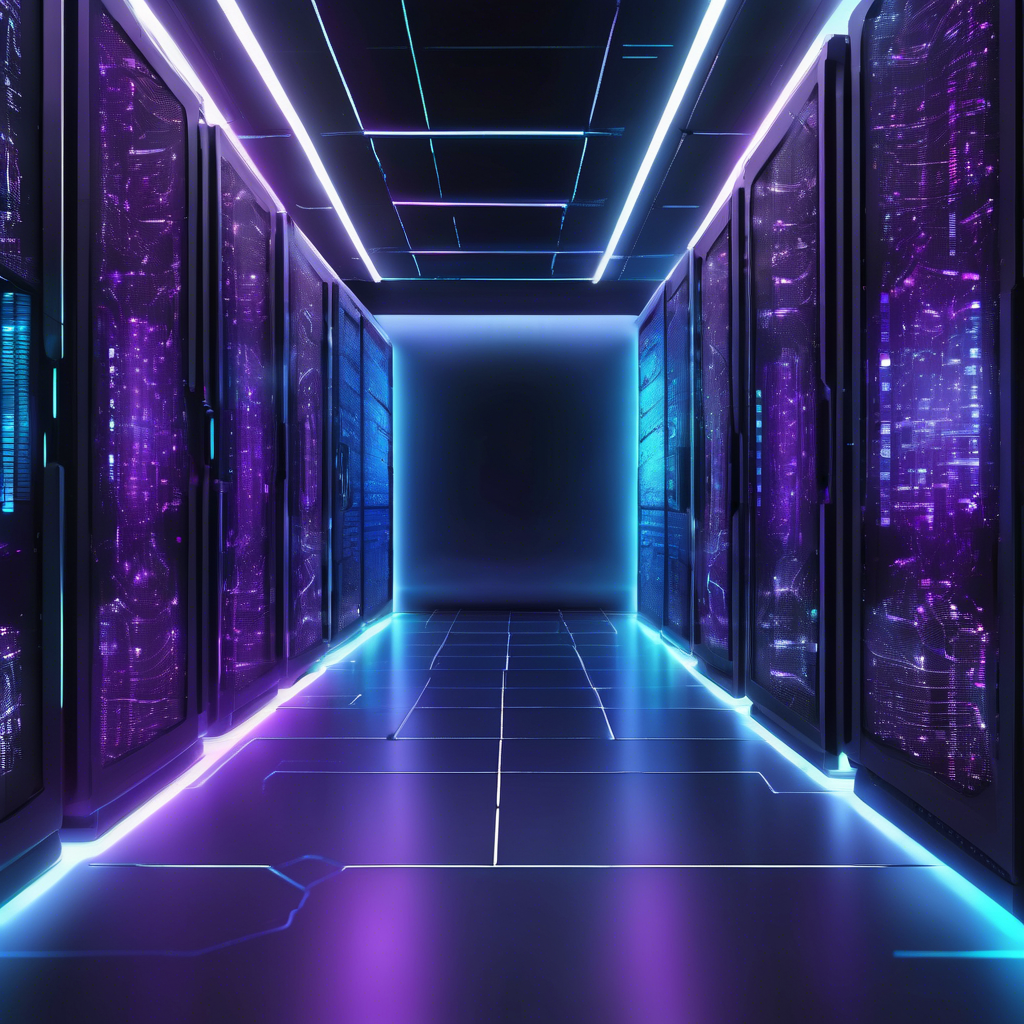OpenAI and Google Push for AI Fair Use in Copyright Law

OpenAI and Google are actively advocating for the U. S. government to classify AI training on copyrighted materials as "fair use, " framing their efforts as crucial for national security and a means to maintain a competitive edge against rivals like China. Their recent policy proposals, submitted to the White House Office of Science and Technology Policy, argue that restricting AI training on copyrighted content could hinder technological innovation and, by extension, national security. OpenAI's CEO Sam Altman refers to the current era as the "Intelligence Age, " asserting that U. S. advancement in AI is fundamental for national prosperity and democratic values. Google echoes this sentiment, criticizing existing copyright laws as overly stringent and suggesting that clearer fair use permissions are essential for American innovation. Both companies warn that failure to efficiently train AI systems might cede technological leadership to China, where regulations are less restrictive. The recent controversy surrounding Meta illustrates the risks of broadening fair use. Accusations of copyright infringement arose when Meta allegedly used copyrighted texts to train its models without permission, sparking lawsuits from authors who condemned these actions as piracy.
French publishers have also launched legal challenges against Meta for systematic copyright violations in its AI training practices, reflecting a growing global backlash against unregulated use of creative works. Despite claims that AI models learn from patterns rather than reproducing copyrighted works, critics argue that these models still replicate significant aspects of the original materials, undermining claims of fair use. Experts contend that AI companies should seek permission or compensate creators for their content. Ongoing lawsuits against AI firms could prompt necessary industry changes, pushing for true intelligence in AI rather than mere data compression. Central to the debate is the fair use doctrine, which permits limited transformative use of copyrighted material. However, recent court rulings question whether AI-generated outputs genuinely transform original works or disrupt established markets. Relying solely on fair use poses risks for AI companies, as legal challenges mount. OpenAI and Google's national security arguments raise concerns about regulatory loopholes that could weaken intellectual property protections under the guise of geopolitical threats. To ensure a balanced approach, recommendations include establishing clear federal fair use standards, implementing transparent licensing arrangements, and creating regulated exceptions for AI training. This proposed framework aims to foster innovation while protecting creators’ rights and ensuring ethical AI development, crucial for global competitiveness and fairness.
Brief news summary
OpenAI and Google are calling on the U.S. government to recognize AI training on copyrighted materials as "fair use," emphasizing its crucial role in national security and international competitiveness, especially concerning China. They warn that strict copyright laws could hinder innovation and economic growth. OpenAI CEO Sam Altman highlights the necessity of U.S. leadership in AI to protect national interests, while Google expresses concerns that existing copyright regulations may limit American technological progress. This advocacy has sparked debates over legal and ethical issues, particularly following a copyright dispute involving Meta, where authors alleged their work was misappropriated for AI training. Such controversies raise questions about the originality of AI-generated content, with some critics asserting that AI merely synthesizes existing data, challenging fair use notions and stressing the importance of compensating original creators. Recent court decisions have further complicated the situation surrounding copyrighted materials and AI. To reconcile innovation with the rights of creators, establishing federal guidelines for AI fair use is essential. These guidelines should include licensing agreements and exemptions for transformative uses, ensuring that ethical technology development respects intellectual property rights.
AI-powered Lead Generation in Social Media
and Search Engines
Let AI take control and automatically generate leads for you!

I'm your Content Manager, ready to handle your first test assignment
Learn how AI can help your business.
Let’s talk!
Hot news

Ilya Sutskever Assumes Leadership of Safe Superin…
Ilya Sutskever has assumed leadership of Safe Superintelligence (SSI), the AI startup he founded in 2024.

‘The world supercomputer’: Nexus activates final …
This segment is from the 0xResearch newsletter.

Tech Industry Collaborates with Pentagon to Enhan…
The collaboration between the U.S. technology sector and the Pentagon is intensifying amid rising global instability and the growing strategic relevance of artificial intelligence (AI).

Stablecoins' Potential and Adoption Challenges
Stablecoins have been widely hailed as a transformative innovation for global payments, promising fast, low-cost, and transparent transactions that could revolutionize cross-border money transfers.

U.S. M2 Money Supply Reaches Nearly $22 Trillion
In May, the United States reached a significant economic milestone as its M2 money supply hit a record $21.94 trillion, marking a 4.5% increase from the previous year—the fastest growth rate in nearly three years.

AI and Climate Change: Predicting Environmental S…
Scientists worldwide are increasingly utilizing artificial intelligence (AI) to enhance the understanding and prediction of climate change impacts on diverse ecosystems.

AI in Retail: Personalizing Customer Experiences
Artificial intelligence (AI) is profoundly transforming the retail industry, ushering in a new era of personalized shopping experiences tailored to the unique preferences and behaviors of individual consumers.

 Auto-Filling SEO Website as a Gift
Auto-Filling SEO Website as a Gift








 Auto-Filling SEO Website as a Gift
Auto-Filling SEO Website as a Gift

